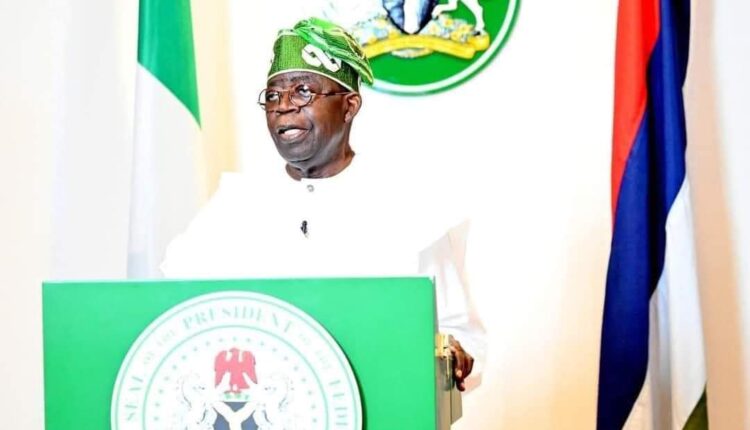The Presidency has criticized The Guardian newspaper over its October 25 lead story, titled, “Calls for military intervention: misery, harsh policies driving Nigerians to desperate choices,” accusing the publication of “inciting unrest” against President Bola Tinubu’s administration.
In a statement on Saturday, Special Adviser to the President on Information and Strategy, Mr. Bayo Onanuga, described the report as irresponsible, alleging it promoted regime change while using journalism as a cover. “The Guardian’s agenda was unmistakable from the cover illustration to the article,” Onanuga stated, adding that the publication, “under the guise of a balanced view, condemns military rule while subtly encouraging it.”
The Guardian’s article had highlighted public frustration with government policies, citing increasing calls for military intervention due to economic hardship and what it described as politicians’ “penchant for poor service delivery.” The report attributed the rising discontent to “soaring costs of living,” suggesting that disillusionment with the administration’s policies could intensify.
Onanuga condemned the report’s tone and the imagery it employed, including an illustration of a military tank, arguing that it was designed to stoke public anger. “The lead story relies heavily upon emotive language and imagery, neglecting a balanced perspective,” he said, urging media outlets to exercise restraint.
He further criticized the story for omitting recent positive economic data, stating, “The report lacks empirical evidence and journalistic rigor. It indulges in lampooning the current administration while ignoring positive developments in Nigeria’s economic landscape.”
The Guardian’s narrative, Onanuga warned, could embolden “anarchists intent on disrupting the democratic process.” He stressed that “military rule is an anachronism in modern civilization, irrespective of its framing,” noting The Guardian’s own history of opposition to military regimes.
Onanuga pointed to positive economic indicators, including a decrease in Nigeria’s revenue-to-debt service ratio from 97% in 2023 to 68% in 2024, rising foreign reserves, and GDP growth. He added that non-oil sectors, such as financial services and mining, were fueling economic recovery, underscoring the administration’s reforms.
“As we see positive changes, it is unacceptable for any publication to incite calls for military intervention over transient difficulties,” Onanuga said, calling for media support for the government. “A responsible approach would have better served readers and the nation.”
He concluded by urging media outlets to uphold fairness and objectivity, emphasizing, “We need our people and the media to rally around the government as the Tinubu-led administration steers our country through this challenging period toward a better future.”


